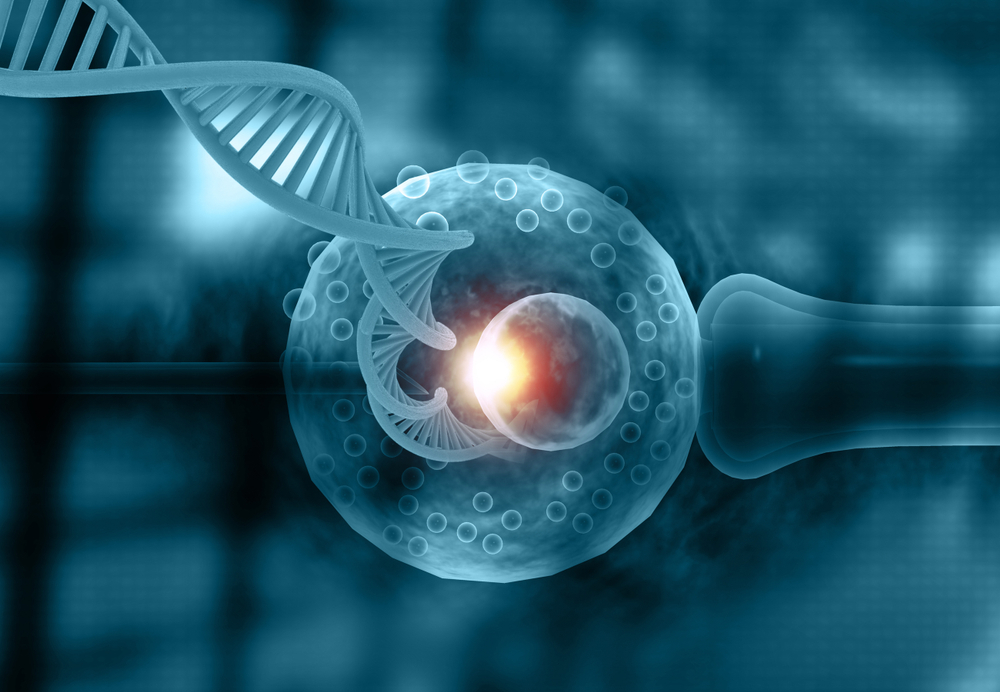For couples facing infertility, the journey to parenthood can be paved with various treatment options. Two commonly considered assisted reproductive technologies are Intracytoplasmic Sperm Injection (ICSI) and In Vitro Fertilization (IVF). Both methods have their own advantages and are suitable for different scenarios. Read on to learn more about ICSI and IVF, their differences, and how to determine which treatment is the right choice for you on your path to becoming parents.
Understanding ICSI
Intracytoplasmic Sperm Injection (ICSI) is a specialised form of IVF. It is typically recommended when there are male factor infertility issues, such as low sperm count, poor sperm motility, or abnormal sperm morphology. During ICSI, a single sperm is injected directly into the egg to facilitate fertilisation. This precise technique can overcome many male infertility challenges.
Understanding IVF
In Vitro Fertilization (IVF) is a widely known assisted reproductive technology that involves the fertilisation of eggs and sperm outside the body in a laboratory setting. The fertilised embryos are then carefully cultured and selected for implantation into the woman’s uterus. IVF is a versatile treatment that can address various infertility issues, including blocked fallopian tubes, endometriosis, unexplained infertility, and issues related to ovulation.
When to Choose ICSI
Male Factor Infertility: If the male partner has been diagnosed with severe sperm abnormalities or has had previous failed fertilisation attempts with standard IVF, ICSI may be recommended.
Low Sperm Count: ICSI is beneficial when the sperm count is too low for successful fertilisation using traditional IVF methods.
Poor Sperm Motility: When sperm struggle to swim or move effectively, ICSI can improve the chances of fertilisation by directly injecting a sperm into the egg.
Abnormal Sperm Morphology: ICSI is often used when a high percentage of the sperm has abnormal shapes, making it difficult for them to penetrate the egg naturally.
When to Choose IVF
Tubal Factor Infertility: IVF is an ideal choice for women with blocked or damaged fallopian tubes, as it bypasses the need for functional tubes.
Endometriosis: IVF can be effective for women with endometriosis, as it allows for the direct transfer of healthy embryos into the uterus.
Unexplained Infertility: When the cause of infertility remains unknown after thorough evaluation, IVF offers a chance for successful conception.
Ovulation Disorders: Women with irregular or absent ovulation can benefit from IVF, as it allows for controlled ovarian stimulation and timed embryo transfer.
The decision between ICSI and IVF depends on the specific fertility challenges you and your partner are facing. Consulting with a fertility specialist is essential to determine the most appropriate treatment plan for your unique situation. Both ICSI and IVF have helped countless couples achieve their dreams of parenthood, and with the guidance of medical professionals, you can embark on your journey with confidence, knowing you’ve chosen the right path to welcome a new addition to your family.
Please don’t hesitate to contact us at your earliest convenience should you wish to discuss your fertility concerns and treatment options.

